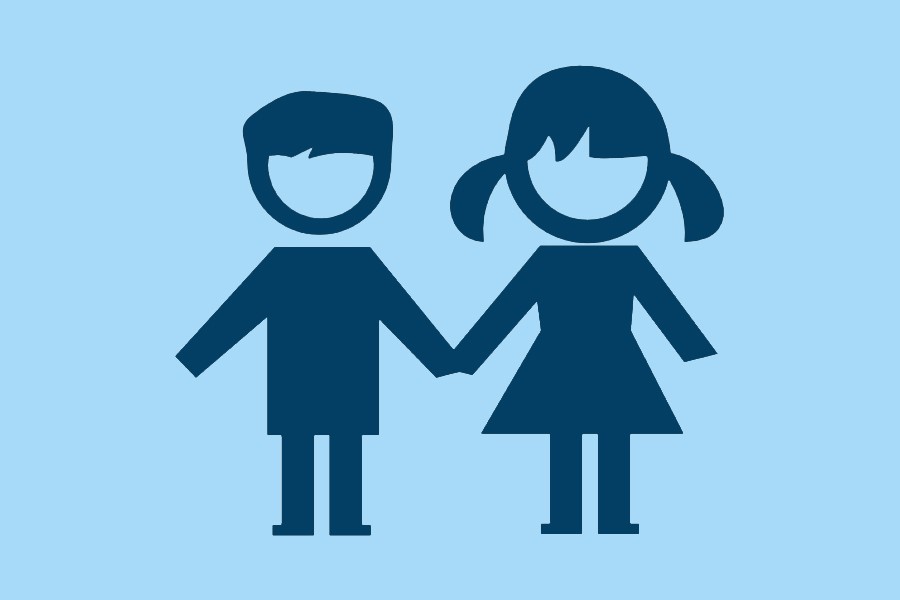We see many challenges that affect children around the world. Child marriage, corporal punishment, voting ages, air pollution, teachers going on strike…
It's been great to speak and have world leaders at the UN listen when we talk about these issues. It's been clear that leaders are open to hearing from children and learning what kids have to say.
But even then, it doesn't always seem like leaders are ready to move from talking to action. It's weird that there are all these urgent issues to tackle, but leaders aren't acting right away.
When we talked with [Special Representative of the Secretary-General on Violence against Children] Najat Maalla M'jid, she said she's going to try and change this. She will push the United Nations to work to end violence against children. She also offered to listen to children's ideas, recommendations, and solutions.
Governments must make changes to end violence and stop child marriage. And it's really important for governments to listen to children's voices and stop underestimating our abilities. Children can offer ideas too, and its children who are the next generation.
Last week, we learned that every country is connected together, and issues that affect one country often affect others as well. Even though countries have different languages, cultures, and ways of learning, many problems that affect children are the same.
Child marriage and sexual abuse affect children all over the world. Child marriage is a horrific form of violence. It violates girls' rights and negatively affects their ability to access education and health.
In Lesotho and many other countries, girls are forced to marry due to poverty, property grabbing, sexual abuse, premarital pregnancies and neglect. The laws that protect children are not effectively implemented and enforced.
We also need to stop thinking that punishing kids by hitting them is an acceptable discipline method. Just like child marriage, we need to realise that psychological abuse and corporal punishment of students is a problem in many countries, and maybe by working all together it will be easier to stop it.
Often governments have put some good laws in place, but they don't always work because people don't know about them. Adults need to be told about the new laws, otherwise they're going to keep breaking them and the violence is only going to continue.
Children and teachers, for instance, need to know that there are rules about how children can be treated in schools. Sometimes the laws don't match up, and so old marriage laws need to be updated so they don't have lower ages than child protection laws.
When children get involved, they can help. For example, many children are born and live their life without having a birth certificate. Many countries make it hard for them to access their basic rights or go to school without a birth certificate.
In one village in Indonesia, many children were rejected when they wanted to register at school because they did not have a birth certificate. Thankfully, the child parliament was able to work with the village government to get a birth certificate for all children. They arranged a "mass birth certificate" campaign and finally, 100 per cent of the children in the village have birth certificates.
Children can help create the necessary changes in communities, but we need to be informed in order to do so. Child parliaments and youth groups can help raise community awareness about child protection laws and give us a space to share about our experiences.
Before sessions, not many girls knew that child marriage is against the law. After our meetings, children are more aware and have a better understanding of violence.
Every child has a right to participate. We hope our examples show how the voices of children are important and can help. If the government wants the world free from violence, involve us.
The main target of ending violence against children is a child. Therefore, the voices of children should be heard. If violence against children is stopped, we will have a better life, and we need this now, not in the future.
[As a general rule, World Vision doesn't share the last names of children under 18.]
—Inter Press Service


